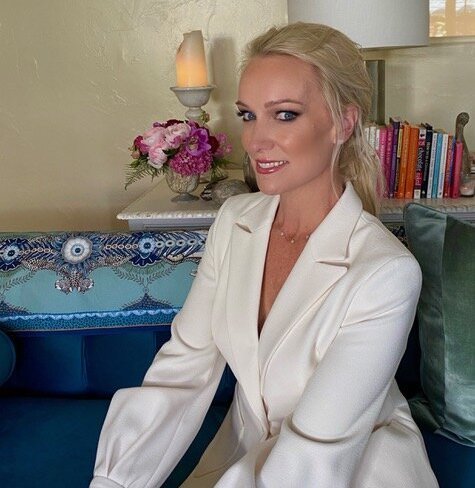Photo by Annie Barnett
“Hi Amy— Putting myself out there was easy. Keeping myself out there is turning out to be harder. I recently went out with a lovely woman and, after the third date, she decided we weren’t a match. I thought everything was going well, so I’m confused to say the least. What do you think? Do I ask her what happened or should I just move on?”
- Anonymous
Oh yes, dating can definitely feel like a roller coaster.
You aren’t alone when it comes to the highs and lows. The excitement of new love can feel like walking on clouds, but when you get rejected or ghosted, it can trigger a lot of uncomfortable feelings that lead to questions like “Am I good enough?” or “What is the point of dating anyway?” Depending on the rejection, the feelings can linger and lead to heavy blues. Let’s take a closer look at rejection and figure out how to manage it better.
To explain rejection fully, you need to understand that there is a chemical reaction happening in the background that directly impacts your mood and perspective. When we hear someone say they aren’t interested, the body releases stress hormones like cortisol and adrenaline—the same hormones that cause the "fight or flight" response. Your body might start sweating or your heart might start beating fast. This stress response is how the body copes with a perceived threat. In this case, rejection is a threat to our self-esteem.
When the stress hormones fade away, you can count on the prefrontal cortex, the part of the brain that regulates emotions and makes decisions, to get activated. The level of emotional response varies depending on your personality, but it’s highly likely that you’ll experience sadness, anger, or frustration. Additionally, the mesolimbic system, or the brain's reward system, which is responsible for pleasure and motivation, is also impacted by rejection and can leave you feeling tired and unmotivated.
I understand how disheartening it can be to get turned down in the dating game. It can feel like you're not good enough, that there's something wrong with you, or that love just isn't in the cards for you. When I have clients going through rejection, I try to help them reframe.
Approach rejection as an exchange of information, not a reflection of your worth. When someone turns you down, it’s not that you weren’t good enough, it’s that you two were not the right fit. As much as the message may sting in the moment, it is a gift that will allow you to move on with your life faster and find a better fit for you.
Getting the love you want is a journey, and it takes time. Instead of dwelling on the rejection, get excited about what’s in store. Focus on the relationship you want and behave the way you’d want to be treated. When you are firm on your standards and clear on what’s important to you, you are more likely to attract people who share your values.
Most importantly, don't give up on love! It's easy to feel discouraged after getting turned down, but remember that every "no" brings you one step closer to a "yes". Keep putting yourself out there, keep meeting new people, and stay true to your standards. Love is out there for you.
Affectionately yours,
Amy





